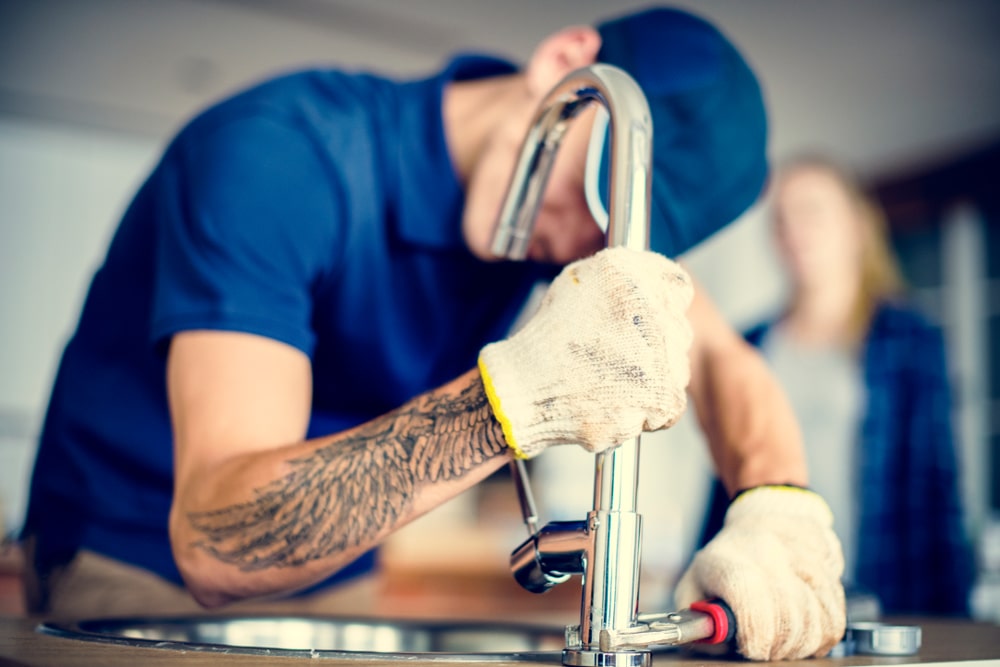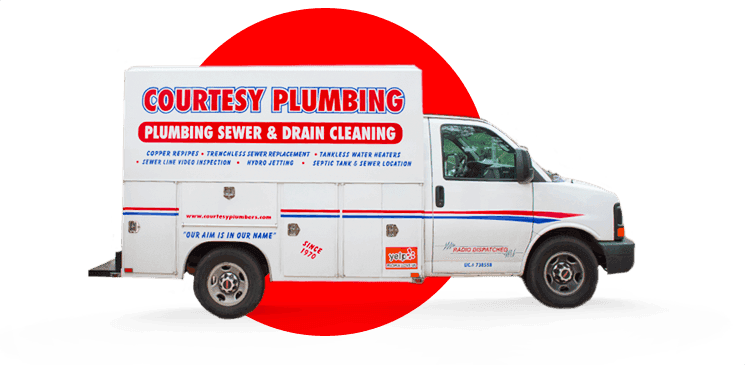As a homeowner, you’re responsible for maintaining your property, and that includes taking care of your plumbing system. Your plumbing system is vital to your home’s comfort, and neglecting it can lead to costly repairs and inconveniences. So how do you know when it’s time to replace your plumbing? In this article, we’ll discuss the signs that indicate it’s time to replace your plumbing, the factors that affect plumbing lifespan, how often to replace different plumbing fixtures, the importance of regular plumbing maintenance, hiring a professional plumber for replacement, plumbing replacement costs, and tips for extending the lifespan of your plumbing.
Signs it’s time to replace your plumbing
One of the most significant signs that it’s time to replace your plumbing is age. The lifespan of your plumbing system can vary depending on the type of material, the water quality, and usage. Generally, if your plumbing is over 50 years old, it’s time to replace it. Older plumbing systems are more likely to have leaks, clogs, and other problems that can cause damage to your home.
Another sign that it’s time to replace your plumbing is frequent repairs. If you find yourself calling a plumber several times a year to fix issues like leaks or clogs, it may be more cost-effective to replace your plumbing system entirely. Constant repairs can add up over time, and you may end up spending more money in the long run.
Finally, if you notice any discoloration or a strange taste in your water, it may be a sign that your pipes are corroded or contaminated. Rusty or discolored water can be a sign of old or damaged pipes, and if left untreated, can cause health problems.
Factors that affect plumbing lifespan
Several factors can affect the lifespan of your plumbing system. The type of material used is one of the most significant factors. Here are some of the most common types of plumbing materials and their lifespan:
- Galvanized steel: 20-50 years
- Copper: 50+ years
- Cast iron: 75-100 years
- PVC: 25-40 years
Water quality is another factor that can affect your plumbing system’s lifespan. Hard water, which contains high levels of minerals like calcium and magnesium, can cause buildup in your pipes, leading to clogs and other problems. If you have hard water, consider installing a water softener to prevent damage to your plumbing.
Finally, usage can also affect your plumbing system’s lifespan. The more you use your plumbing system, the more wear and tear it will experience. If you have a large family or frequently entertain guests, your plumbing system may wear out faster than if you live alone.
Types of plumbing materials and their lifespan
As mentioned earlier, the type of material used in your plumbing system can affect its lifespan. Here’s a closer look at some of the most common types of plumbing materials and their estimated lifespan:
- Galvanized steel: Galvanized steel was a popular plumbing material in the past but has since fallen out of favor due to its tendency to corrode and rust. Galvanized steel pipes can last anywhere from 20 to 50 years, depending on the quality of the water and usage.
- Copper: Copper is a durable and reliable plumbing material that can last for over 50 years. It’s resistant to corrosion and is an excellent choice for both hot and cold water.
- Cast iron: Cast iron pipes are incredibly durable and can last for up to 100 years. They’re commonly used for sewer lines and other large plumbing systems.
- PVC: PVC pipes are a popular choice for modern plumbing systems. They’re lightweight, easy to install, and can last for up to 40 years.
How often to replace different plumbing fixtures
Different plumbing fixtures have different lifespans. Here’s a quick guide to how often you should replace some of the most common fixtures:
- Toilet: 50+ years
- Faucet: 15-20 years
- Water heater: 10-15 years
- Showerhead: 5-10 years
Of course, these lifespans can vary depending on the quality of the fixture and how well it’s maintained. Regular maintenance can help extend the lifespan of your plumbing fixtures.
The importance of regular plumbing maintenance
Regular plumbing maintenance is crucial to keeping your plumbing system healthy and preventing costly repairs. Here are some of the most important plumbing maintenance tasks:
- Inspecting your plumbing system for leaks or damage
- Cleaning your drains regularly to prevent clogs
- Flushing your water heater to remove sediment buildup
- Checking your water pressure to ensure it’s not too high
- Insulating your pipes to prevent freezing during the winter
By performing these tasks regularly, you can catch any issues early on and prevent them from turning into more significant problems.
Hiring a professional plumber for replacement
If you’ve determined that it’s time to replace your plumbing system, it’s essential to hire a professional plumber. Replacing your plumbing system is a significant undertaking and can be dangerous if you don’t know what you’re doing. A professional plumber will have the expertise and equipment necessary to replace your plumbing safely and correctly.
When hiring a plumber, it’s essential to do your research. Look for a licensed and insured plumber with experience in plumbing replacement. You should also ask for references and read reviews from past customers.
Plumbing replacement costs
The cost of replacing your plumbing system can vary widely depending on several factors, including the size of your home, the type of material used, and the complexity of the job. On average, homeowners can expect to pay between $2,000 and $15,000 for a full plumbing replacement.
While this may seem like a significant expense, it can save you money in the long run by preventing costly repairs and increasing your home’s value.
Tips for extending the lifespan of your plumbing
There are several things you can do to extend the lifespan of your plumbing system:
- Use a water softener to prevent mineral buildup in your pipes
- Don’t pour grease or other fatty substances down your drains
- Don’t use your garbage disposal to dispose of fibrous foods like celery or corn husks
- Insulate your pipes to prevent freezing during the winter
- Fix leaks as soon as you notice them to prevent further damage
By following these tips, you can help keep your plumbing system healthy and prevent the need for costly repairs.
Conclusion
In conclusion, taking care of your plumbing system is essential to your home’s comfort and value. While there’s no straightforward answer to how often you should replace your plumbing, keeping an eye on your pipes’ condition and age can help you determine when it’s time for a replacement. Regular maintenance and hiring a professional plumber for replacement are also crucial to keeping your plumbing system healthy.
At Courtesy Plumbing in Covina CA, we’re committed to providing our customers with the best possible plumbing services. If you need any plumbing repairs or replacements, don’t hesitate to give us a call. We’re here to help you keep your plumbing system healthy and functional for years to come.



